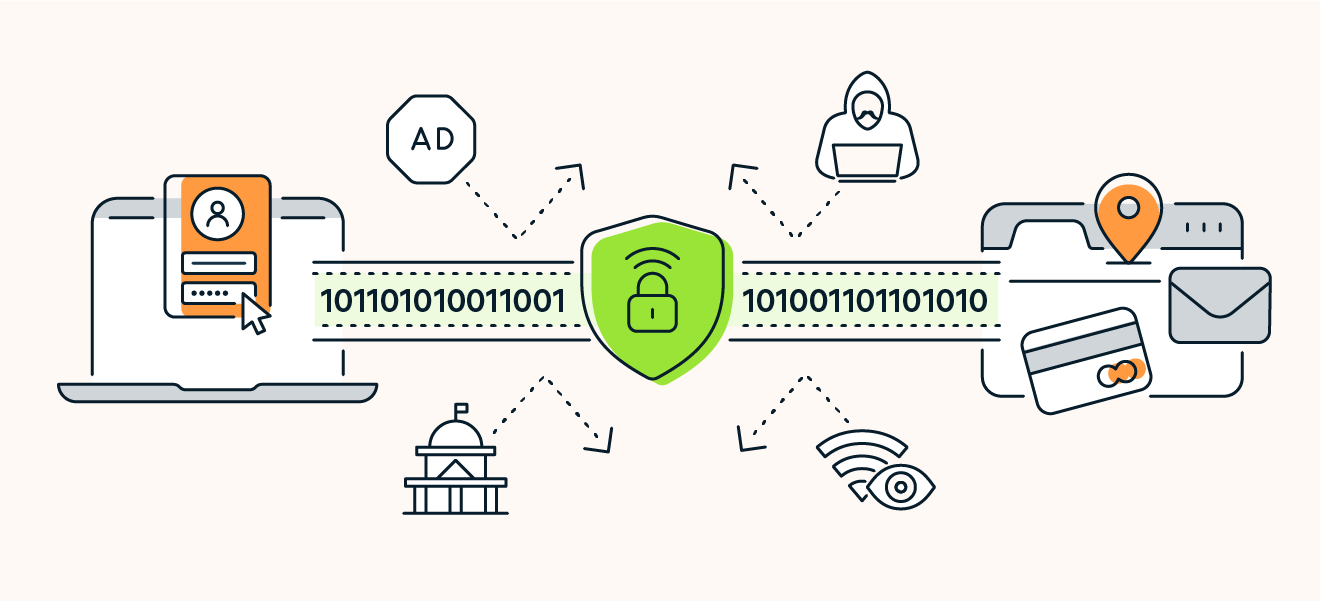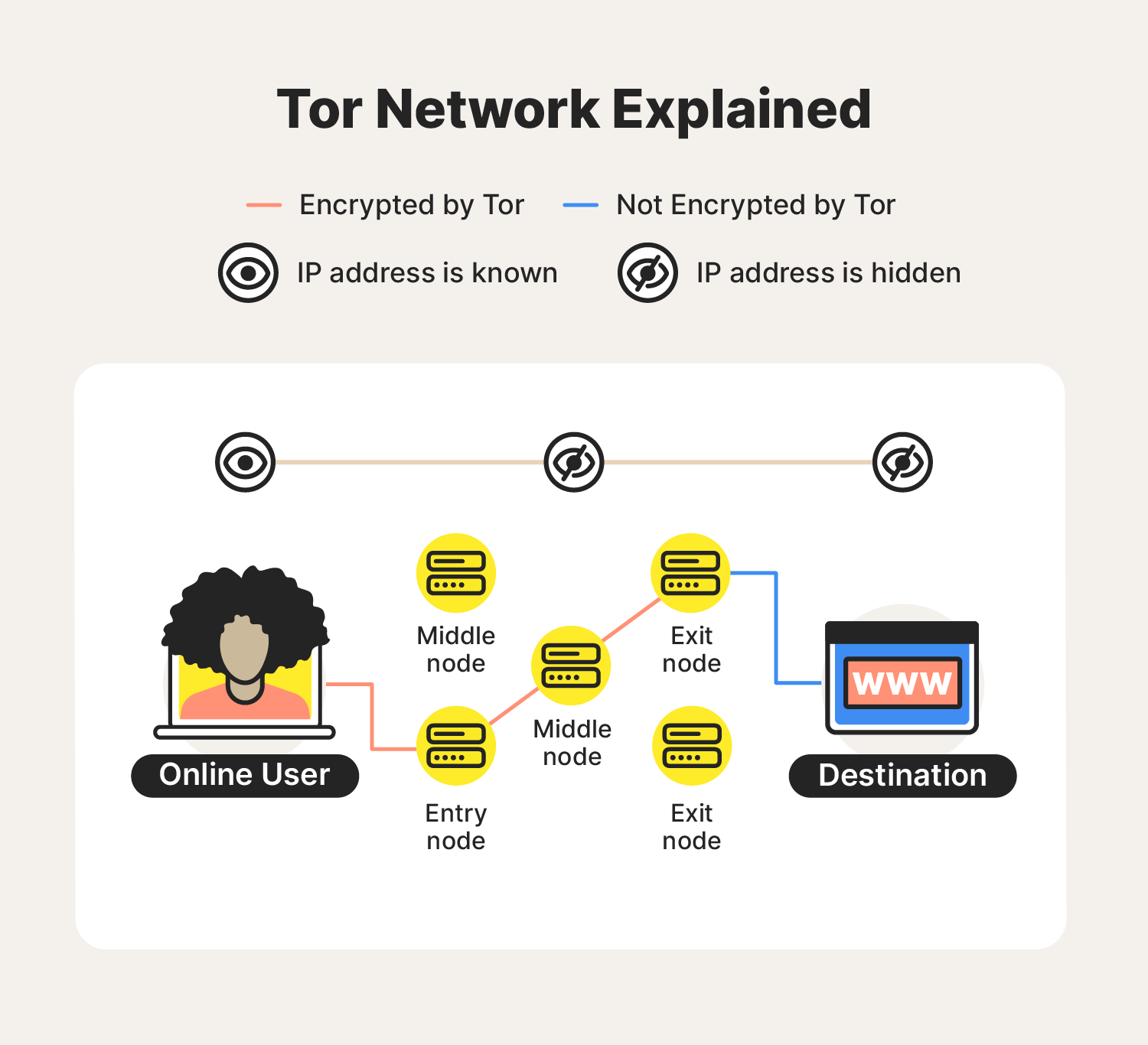Featured
Table of Contents
Vpn Vs Proxy Vs Tor: Learn The Key Differences In 2023
The creators describe Tor as software that assists secure you online. When you use the Tor Browser, it redirects your web traffic through the Tor network of volunteer servers spread around the world.
Helps bypass geoblocking and censorship: if some website is blocked in your country, Tor can enable you to access it. Slow: your data gets bounced through three random relays. Therefore, your connection can only be as quickly as that of the slowest node. That's why lots of. onion websites look so barebone compared to routine websites.

Many Tor users would have to wait three times as long to download something. As Tor operates on a volunteer network, you can't understand if your information isn't being obstructed.
Tor Vs. Vpn: Differences And Benefits
Bad for accessing particular geoblocked content: it's hard to gain access to geoblocked content that is only available in a single country. Random node choice suggests you can't truly control the nation where your exit node and the IP service reads will be. Restricted accessibility to sites: some daily sites obstruct Tor network connections.
Being able to pick what server you'll connect to, just routing information by means of a single server, and having the company take care of the servers makes sure that the VPN connection is nearly as fast as using unprotected internet. This approach is more pricey to keep. Good web speed: because VPNs just bounce your signal via a single server, your connection is much faster.
This enables Tor to make sure that none of the servers know both the sender of the data and its location, while a VPN warranties much better speed and a real choice of server. Especially, a VPN can provide a multiple-server feature. Dynamic Multi, Hop enables Surfshark VPN users to choose two servers to path their information through.
Tor Vs Vpn: What They Do And Which Is Better?
If your web traffic links to the VPN server prior to the Tor network, the VPN server spoofs your IP. That indicates that even if the Tor entry node is compromised, the interested party will not be able to get your IP address.
As long as you have a relied on VPN service provider, using the Tor web browser with a VPN may be a deserving compromise. Tor and VPNs are privacy tools with similar functions.

Tor is more secure for sharing sensitive details or anything else that may put you at danger. But in general, it's mostly for browsing it's slow and not matched for downloading files or streaming. A VPN, on the other hand, is much faster. It can also provide the very same levels of security and personal privacy if you have a good and trusted provider.
Tor Vs Vpn – What Is The Difference Between Them?
Tor will encrypt the Spotify site however not the app, while a VPN will encrypt both. Tor runs your information through numerous layers of encryption at when, while VPN suppliers normally only utilize one layer.
Tor conceals your IP when you are looking for something on Tor. Using a VPN with Tor can result in web speed downturns: You are routing data via 4 servers; The VPN server and the Tor entry server may be located far apart.
VPN is much better for streaming, downloading, and other daily usages. Simply put, the distinction is that Tor routes your internet traffic via 3 random servers and secures it three times, VPN routes it via a single server of your choice and secures it when, and a proxy just routes your traffic by means of a single server.
How Do Vpns Protect Your Privacy? Our Vpn Overview
No matter why you wish to remain incognito online, you're likely to pick a Virtual Private Network (VPN) or Tor internet browser. These are two of the most popular options amongst those concerned about safeguarding their digital identity. But if you are looking to pick one, which is the most suitable? To put it just, Tor is best for those transferring sensitive info.
Table of contents Tor and VPN are tools utilized to remain confidential online. The Tor browser is a complimentary, open-source project allowing you to surf the web anonymously.
Yes, the name sounds ridiculous, however the concept behind it is dazzling: the Tor internet browser network is built of layers upon layers of independent nodes run by Tor users. A VPN assists you protect your online privacy by creating a safe connection to any network or server over the web.
Tor Vs. Vpn: Is One Better Than The Other?
The essential difference in between Tor and a VPN is that there are numerous VPN tools and provider available however only one Tor browser network. Tor depends on a decentralized layer of independent nodes to transfer information safely, while VPN software application links to a central server to offer a safe and secure VPN tunnel.
Latest Posts
10 Best Vpn Services For 2023 - Top Vpns Compared
15 Leading Vpn Software For Startups For 2023
Best Vpn Services - 9 Top Picks For July 2023